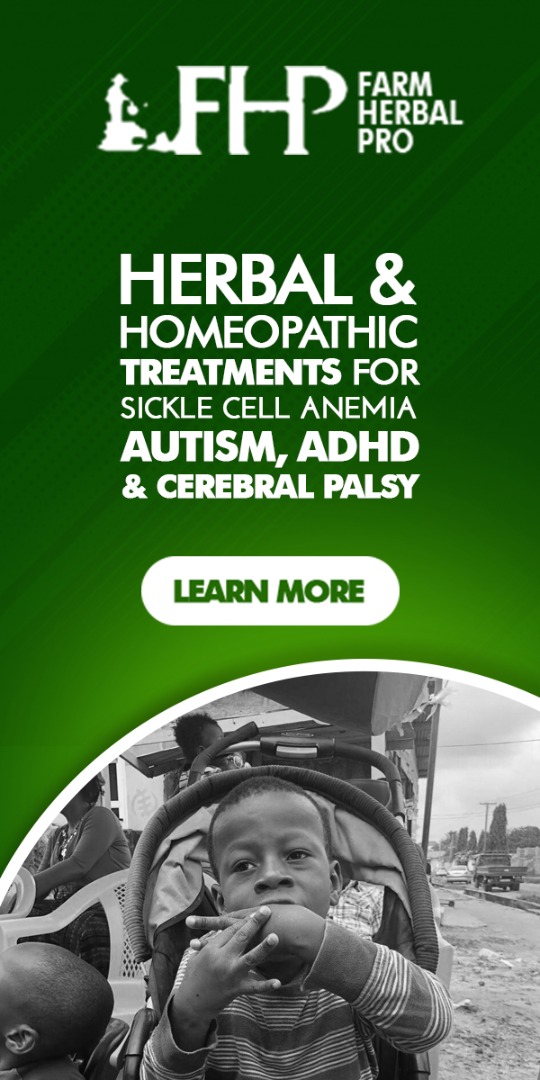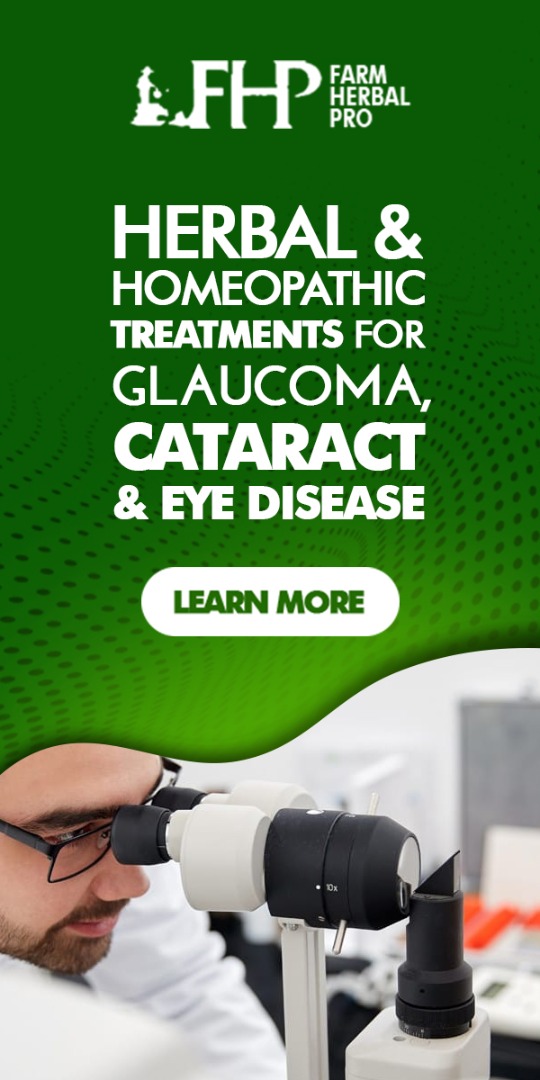What are Autism Spectrum Disorders?
Autism Spectrum Disorders (ASDs) are neurodevelopmental disorders in which people have difficulty developing normal social relationships, use language abnormally or not at all, and behave in compulsive and ritualistic ways.
ASD is a developmental brain disorder. It affects social, behavioral, and communication skills. People who have ASD start showing signs at an early age.
Approximately 20% of children who have ASDs develop normally for the first 1 to 2 years of their lives. Then, they experience what doctors call a regression. This means that they lose skills that they had before, such as the ability to talk.
However, ASDs begin in childhood and tend to persist into adolescence and adulthood. Autism is four times more common in boys than in girls. It can happen in people of any race, ethnicity, or social background. Family income, lifestyle, or educational level doesn’t affect a child’s risk of autism.
Moreover, autism is known as a “spectrum” disorder because there is wide variation in the type and severity of symptoms people experience. Because autism is a spectrum disorder, each person with autism has a distinct set of strengths and challenges. The ways in which people with autism learn, think and solve problems can range from highly skilled to severely challenged. Some people with ASD may require significant support in their daily lives, while others may need less support and in some cases, live entirely independently.
People who have mild symptoms may be considered “high-functioning.”
Asperger’s syndrome (AS) is the most common ASD. It is a form of “high-functioning” autism. Typically, people who have AS have a normal to high IQ. They may exhibit a special skill or area of interest. Their verbal language development is considered normal. However, people who have AS can have trouble using language correctly in social situations. They often have a hard time with nonverbal communication, such as making eye contact, reading facial expressions, and using body gestures. General social skills, such as developing relationships and adjusting to change, also can be affected. People who have AS can learn these skills through behavior and communication therapy.
Symptoms of ASDs
Children with an autism spectrum disorder develop symptoms in the following areas:
• Social communications and interactions.
• Behavior, interests, and activities.
Symptoms of an autism spectrum disorder range from mild to severe, but most people require some level of support in both areas. People with an ASD vary widely in their ability to function independently in school or society and in their need for supports. In addition, about 20 to 40% of children with an ASD, particularly those with an IQ less than 50, develop seizures before reaching adolescence. In about 25% of affected children, a regression in development occurs around the time of diagnosis and may be the initial indicator of a disorder.
• Social communications and interactions:
Often, infants with an ASD cuddle and make eye contact in atypical ways. Although some affected infants become upset when separated from their parents, they may not turn to parents for security as do other children. Older children often prefer to play by themselves and do not form close personal relationships, particularly outside of the family. When interacting with other children, they may not use eye contact and facial expressions to establish social contact, and they have difficulty interpreting the moods and expressions of others. They may have difficulty knowing how and when to join a conversation and difficulty recognizing inappropriate or hurtful speech. These factors may cause others to view them as odd or eccentric and thus lead to social isolation.
• Language:
The most severely affected children never learn to speak. Those who learn may do so much later than normal and use words in an unusual way. They often repeat words spoken to them (echolalia), use memorized scripted speech in place of more spontaneous language, or reverse the normal use of pronouns, particularly using you instead of I or me when referring to themselves. Conversation may not be interactive, and, when present, is used more to label or request than to share ideas or feelings. People with an autism spectrum disorder may speak with an unusual rhythm and pitch.
• Behavior, interests, and activities:
People with an autism spectrum disorder are often very resistant to changes, such as new food, toys, furniture arrangement, and clothing. They may become excessively attached to particular inanimate objects. They often do things repetitively. Younger and/or more severely affected children often repeat certain acts, such as rocking, hand flapping, or spinning objects. Some may injure themselves through repetitive behaviors such as head banging or biting themselves. Less severely affected people may watch the same video multiple times or insist on eating the same food every meal. People with an ASD often have very specialized, often unusual interests. For instance, a child may be preoccupied with vacuum cleaners.
People with an autism spectrum disorder often have over-reactions or under-reactions to sensations. They may be extremely repelled by certain odours, tastes, or textures, or react unusually to painful, hot, or cold sensations that other people find distressing. They may ignore some sounds and be extremely bothered by others.
• Intelligence:
Many people with an ASD have some degree of intellectual disability (an IQ less than 70). Their performance is uneven. They usually do better on tests of motor and spatial skills than on verbal tests. Some people with an ASD have idiosyncratic or “splinter” skills, such as the ability to carry out complex mental arithmetic or advanced musical skills. Unfortunately, such people often cannot use these skills in a productive or socially interactive way.
Signs and symptoms of unusual development from birth to 6 months in children later diagnosed as autistic
• Flaccid body tone.
• Lack of responsiveness or attentiveness to people or things.
• Lack of excitement in presence of parents.
• Lack of anticipatory posturing on being picked up.
• Vacant, unfocused gaze.
• Less than normal activity.
• Specific motor deviations.
• Eye squint mannerism.
,• Predominantly irritable mood, little smiling.
• More somnolent than typical child.
First signs and symptoms of autism, typically in 6-12 months
• Seeming hallucinatory excitement.
• Appearance of self absorption.
• No visual pursuit of people.
• Avoiding mother’s gaze.
• Resisting being held, arching torso away from parents.
• Autism/stereotypes/motor mannerisms; hand-flapping, finger-dancing movements, rocking, spinning.
• Plastic expressions that do not communicate intention.
• Labile facial expressions that shift from grimaces to squints.
• Fragmented, uncoordinated body movements.
• Episodes of flailing, aimless, unmodulated hyperactivity.
Symptoms of established autism, typically 12-24 months
• Child doesn’t approach parents.
• Child keeps distance from parents.
• A restricted or constricted affect (a reduction in an individual’s expressive range and the intensity of emotional responses).
• Little or no purposeful activity.
• Facial expression that doesn’t convey meaning.
• Failure or normal language development.
• Hand flapping.
• Toe walking.
• Turning in circles.
• Rotating/spinning things in circular motion.
• Echolaria (repeats whatever is said to them)
• Fear of loud noise.
• Aversion to solid food.
Autism in older children
There are many sign and symptoms including impaired social skills, language difficulties, speech, and inflexible behavior.
• Repeats the same words or phrases over and over.
• Does not know how to make friends, play and connect with people.
• Uses language incorrectly.
• Does not pick up on other people’s expressions, tone, and gestures.
• Show no interest in what is going around them.
• Follows rigid routine
• Cannot tolerate to be touched, carried, or to be held.
• Cannot understand feelings, has trouble in talking about feelings.
• Does not share interests or achievements with others.
• Repeat the same action or movement again and again.
• Does not understand simple directions, questions, or statements.
• Does not make eye contact.
• Unusual attachments to toys or strange objects such as keys, light switches, or rubber bands.
• Give unusual reactions to sounds, smells, sights, textures, may show sensitiveness to loud noises.
• Aversion to change..
What causes ASDs?
The exact cause of ASD is unknown. The most current research demonstrates that there’s no single cause.
Some of the suspected risk factors for autism include:
,• Having an immediate family member with autism.
• Genetic mutations.
• Fragile X syndrome and other genetic disorders.
• Being born to older parents.
• Low birth weight.
• Metabolic imbalances.
• Exposure to heavy metals and environmental toxins.
• A history of viral infections.
• Fetal exposure to the medications valproic acid (Depakene) or thalidomide (Thalomid).
According to the National Institute of Neurological Disorders and Stroke (NINDS), both genetics and environment may determine whether a person develops autism.
Diagnosis
The diagnosis of an autism spectrum disorder is made by close observation of the child in a playroom setting and careful questioning of parents and teachers. Standardized screening tests, such as the Social Communication Questionnaire and the Modified Checklist for Autism in Toddlers (M-CHAT-R) may help identify children who need more in-depth testing.
Living with autism
As a parent, you may need to find other ways to teach and connect with your child. Work with the doctor or specialist to improve your child’s lifestyle. Evidence-based psychosocial interventions, such as behavioural treatment and parent skills training programmes, can reduce difficulties in communication and social behaviour, with a positive impact on well-being and quality of life for persons with ASD and their caregivers. It is important to do this at a young age. This can help your child cope better when they become an adult.
Homeopathic Treatment of ASDs
Homeopathy is one of the most popular holistic systems of medicine. The selection of homeopathic remedy for Autism is based upon the theory of individualization and symptoms similarity by using holistic approach.
This is the only way through which a state of complete health can be regained by removing all the sign and symptoms from which the patient is suffering.
The aim of homeopathy is not only to treat autism spectrum disorder but to address its underlying cause and individual susceptibility. As far as therapeutic medication is concerned, several homeopathic remedies are available to treat autism spectrum disorder that can be selected on the basis of family history, causes, sensations and modalities of the complaints.
For individualized remedy selection and homeopathy treatment of autism, the patient should consult a qualified homeopathic doctor in person.
Following homeopathic remedies are helpful in the treatment of autism spectrum disorders;
Agaricus Muscsarius
• Child sings talks but does not answer.
• Singing, shouting, muttering rhymes and prophesies.
• Loquacious, talk unintelligent, continuously changes topics.
• Twitching in muscles is a marked symptom.
• Aversion to work. Does not want to do his daily households.
• Talks continuously and jumps over one to another topic. Sings, talk but does not answer;
• Indifference;
• Great mental excitement and incoherent talking;
• Mental confusion.
Baryta carb
• Weak memory
• Shyness with low confidence.
• Aversion to strangers, hides himself behind chair.
• Physically dwarf stunted growth.
• Tendency of recurrent tonsillitis.
• Very sensitive to cold air, cold weather.
• Excellent homeopathy remedy for children with autism who have low IQ.
• Loss of memory; mental weakness.
• Lost confidence in himself; bashful; aversion to strangers.
• Childish; grief over trifles; irresolute; do not grow and develop.
• They are backward physically and mentally.
• Very averse to meeting strangers; children subject to quincy.
Carcinocin
• Child is mild, yielding and sensitive to reprimands.
• Hyperactivity is not very marked in Carcinocin patients.
• May have interest in art work like drawing, singing, colouring etc.
• Affectionate and sympathetic patient.
• Autism in children with family history of cancer or strong history of diabetes and coronary artery disease in both paternal and maternal families.
• often slow but agreeable and caring.
Calcarea phos
• Anemic children who are peevish and irritable.
• Strong desire to go out.
• Traveling, motion desires.
• Recurrent tonsillitis or adenoiditis. Pain on opening of mouth.
• Mouth breathing
• Infants want to nurse all the time and vomits easily.
• Craving for salted smoked meat.
Hyoscyamus –
• Low muttering speech.
• Very suspicious.
• Talkative; obscene; jealous; foolish.
• Great hilarity; inclined to laugh at everything; deep stupor.
• Quarrelsome; uncovers body; purposeless movements; no love for near once.
Kali brom –
• Homeopathic medicine for autism where child moves purposelessly;
• Hand flapping, fidgety hands.
• Loss of memory; can pronounce any word told, but cannot speak otherwise;
• Night delusions; horrid illusions.
Lycopodium
• Anxious child, specially appears in public.
• Obstinate, domineering, does not share things.
• Anticipatory anxiety.
• Desire for sweet and warm food. Intolerance for cold drinks.
• Weak, emaciated, precocious children.
• Anger, violent, irritable child.
• Aversion to company, but needs someone in house.
Phosphorus
• Very affectionate, friendly child.
• Yielding, mild, cheerful patient.
• Desire for cold drinks, ice-cream and fruit juices.
• Constipation, hard stool.
• Restless, fearful, fear of loud noises and external impressions.
• Fear when alone, fear of thunderstorm.
Silicea
• Obstinate child, concern about everything.
• Homeopathic medicine for autism in children who are intelligent (good in academics), sensitive to reprimands, obedient.
• Fixed ideas for everything.
• Profuse sweating in palm and soles.
• Very obstinate constipation.
• Defective nutrition, can not assimilate what he eat.
• Very sensitive to cold weather.
Tarantula –
• Hyperactive child; extreme restless;
• Must keep in constant motion;
• Sudden mood changes.
• Aversion to company; disconnected.
• Destructive behavior.
• Likes bright colors.
• Like music and dance.
For individualized remedy selection and homeopathy treatment of autism, the patient should consult a qualified homeopath, self-medication of homeopathic medicines is not advisable.
For the treatment of autism, consult the homeopath Oluwafunmise on 08028366901 or 08183554665.




